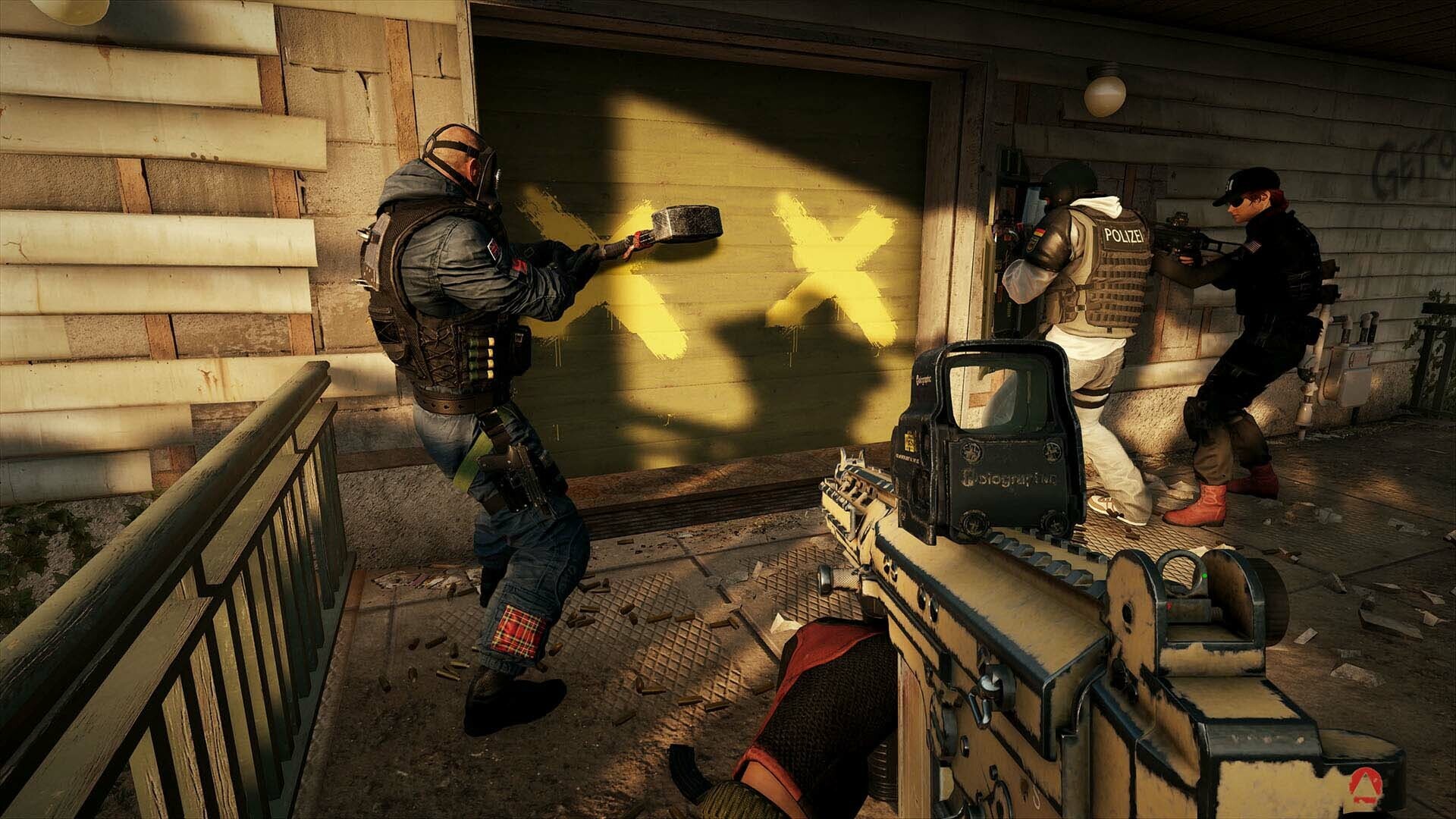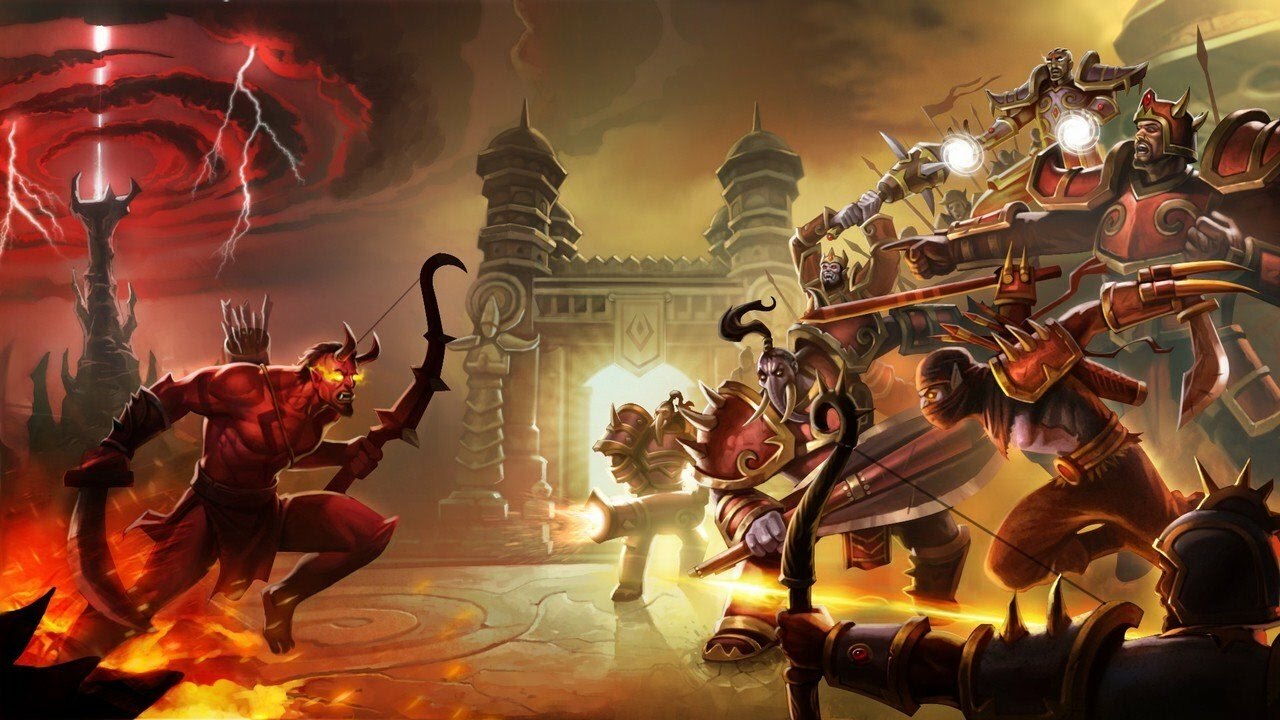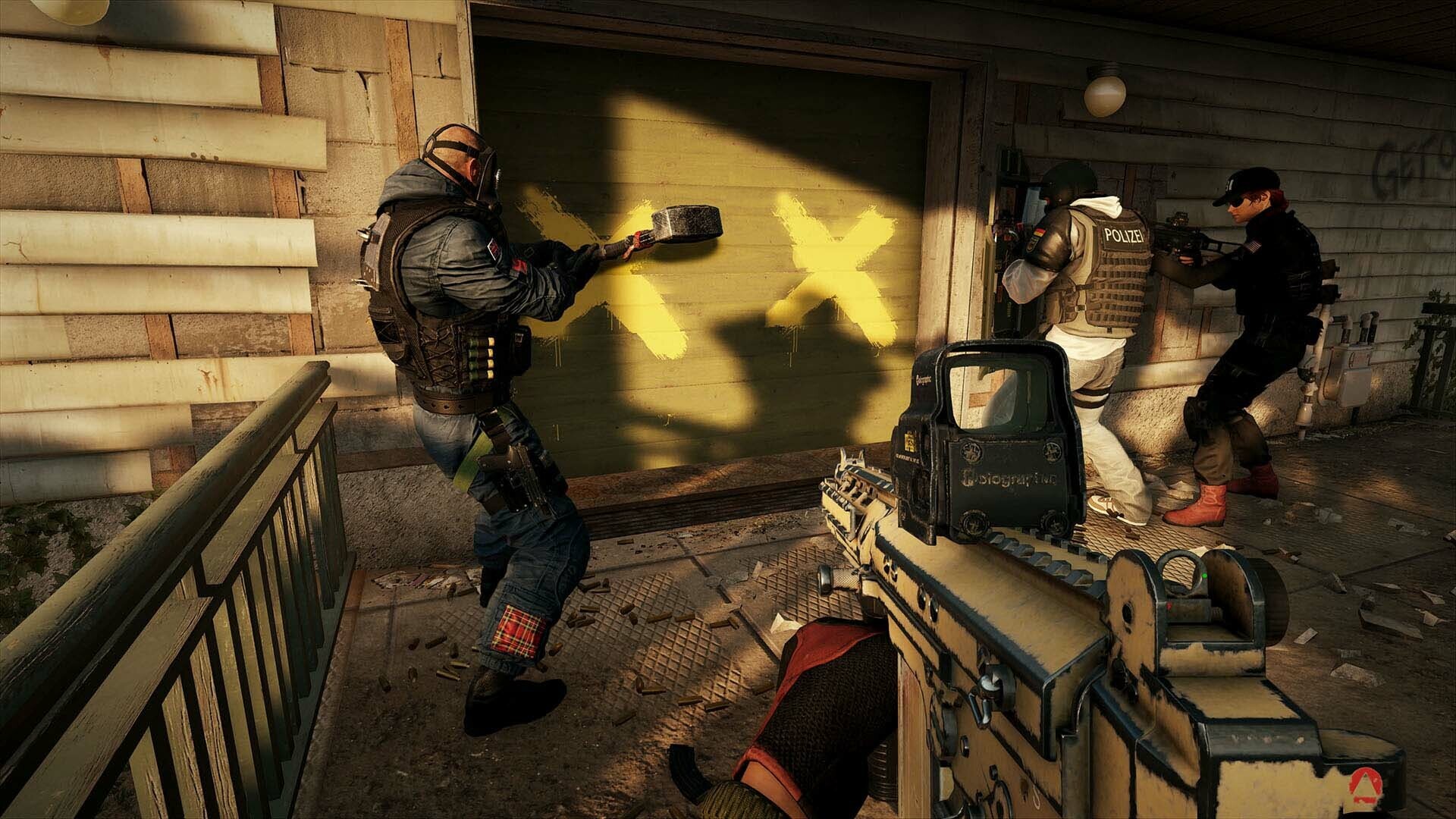In a worrying industry trend, Ubisoft is the next major publisher to announce layoffs as part of widespread cost-cutting measures, similar to Microsoft's previous move.

The latest wave of layoffs hits Red Storm Entertainment, a renowned Ubisoft studio best known for its work on legendary Tom Clancy titles such as Rainbow Six Siege and Ghost Recon.
Layoffs Hit Red Storm Entertainment, The Studio Behind Rainbow Six Siege
According to a report from IGN, Ubisoft has laid off 19 employees at Red Storm Entertainment. The French publisher cited “ongoing, targeted restructuring and global cost-saving efforts” as the driving force behind these cuts. In a statement shared with IGN, Ubisoft expressed regret over the decision but emphasized it was necessary given shifting operational priorities
“Today, Ubisoft made the decision to eliminate 19 roles at Red Storm Entertainment. This step is part of our ongoing, targeted restructuring and global cost-saving efforts, and reflects the needs on the studio’s projects. While this was not an easy decision, it was a necessary one given our operational priorities. We remain committed to supporting those affected with comprehensive severance packages, extended health-care benefits, and career transition assistance. We deeply appreciate their hard work and the impact they’ve had on Ubisoft.”
While Ubisoft was keen to clarify that this move does not point to broader layoffs across its other teams, it still casts a shadow over a studio that has recently undergone significant transformation. Founded in 1996, Red Storm earned a reputation for delivering some of Ubisoft’s most influential titles, particularly under the Tom Clancy brand. Over the past several years, however, it shifted focus to support roles and VR development. Notably, the studio most recently launched Assassin’s Creed Nexus VR, bringing the blockbuster franchise into virtual reality on Meta Quest devices.
But this hasn’t been Red Storm’s only work. The studio also assisted with the ill-fated XDefiant, which was discontinued earlier this year. Additionally, two other high-profile projects were scrapped entirely: a Splinter Cell VR game, canceled back in 2022, and a free-to-play title in The Division universe known as Heartland, which endured multiple delays before being shelved in 2024.
These layoffs at Red Storm come at a time when Ubisoft is already grappling with shifting market conditions, delayed titles, and mounting pressure from shareholders. The publisher has also forged partnerships with Chinese tech giant Tencent to stabilize its financial position, though it appears that hasn’t been enough to shield its development teams from restructuring.
Echoes Of Microsoft’s Measures
Ubisoft’s decision closely follows in the footsteps of Microsoft, which recently took similar cost-saving measures by laying off staff at Turn 10 Studios – the developer behind the beloved Forza Motorsport series. As detailed in our previous article, these cuts effectively dismantled the team responsible for keeping the long-running racing series on track, despite Forza Horizon and Forza Motorsport being among Xbox’s crown jewels.
Both cases reflect a growing trend among major publishers: shifting resources away from established studios in pursuit of efficiency, often at the cost of highly skilled teams with decades of combined experience. The parallels between Red Storm and Turn 10 are especially striking; both teams built their legacies on genre-defining titles, and both now find themselves impacted by wider corporate strategies aimed at reducing expenses.
A Dangerous Trend In The Gaming Industry
The game industry, once celebrated for relentless growth, now appears to be going through a painful correction. Studios large and small have faced similar restructuring, layoffs, or closures over the past two years. Analysts point to rising development costs, increasingly competitive markets, and changing consumer habits – particularly as players spend more time on free-to-play and live service games that can prove unpredictable in long-term profitability.
While Ubisoft insists that the cuts at Red Storm are isolated and driven by project-specific needs, many fear this could signal further belt-tightening across the publisher’s diverse portfolio. The hope is that recent updates to long-running games like Rainbow Six Siege – which recently received a major revamp – might help stabilize revenues. Yet with canceled projects and shuttered teams piling up, it’s clear Ubisoft is navigating choppy waters.
Ubisoft is at least offering severance pay and job search assistance to affected employees. However, in a job market currently overflowing with similarly affected talent, it may be difficult for many to quickly find new employment.
What’s Next for Red Storm and Ubisoft?
Red Storm’s future remains uncertain. The studio has played a pivotal role in Ubisoft’s VR ambitions, and while Assassin’s Creed Nexus VR marked a significant milestone, it’s unclear what other projects are in active development. Meanwhile, Ubisoft’s broader strategy seems focused on consolidating resources, doubling down on flagship IPs, and cautiously exploring new markets like VR and mobile.
One thing is certain: these decisions have an impact far beyond mere business figures – they're transforming the creative teams that made these beloved game series possible in the first place. As Ubisoft follows Microsoft's example, a harsh reality becomes clear: Even successful and renowned studios aren't immune to the industry's tough economic decisions. And as the developers of both Forza and Rainbow Six Siege have now learned, even past success doesn't protect against the consequences of global cost-cutting measures.




























